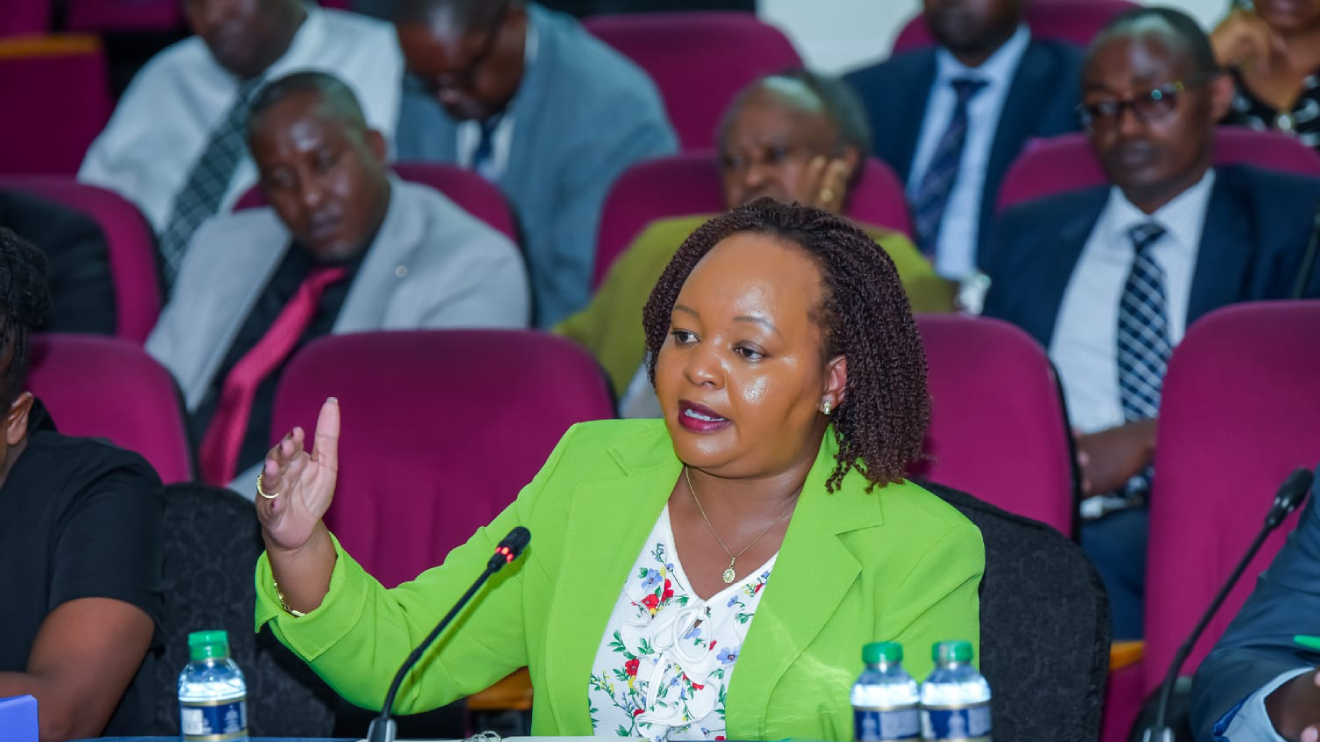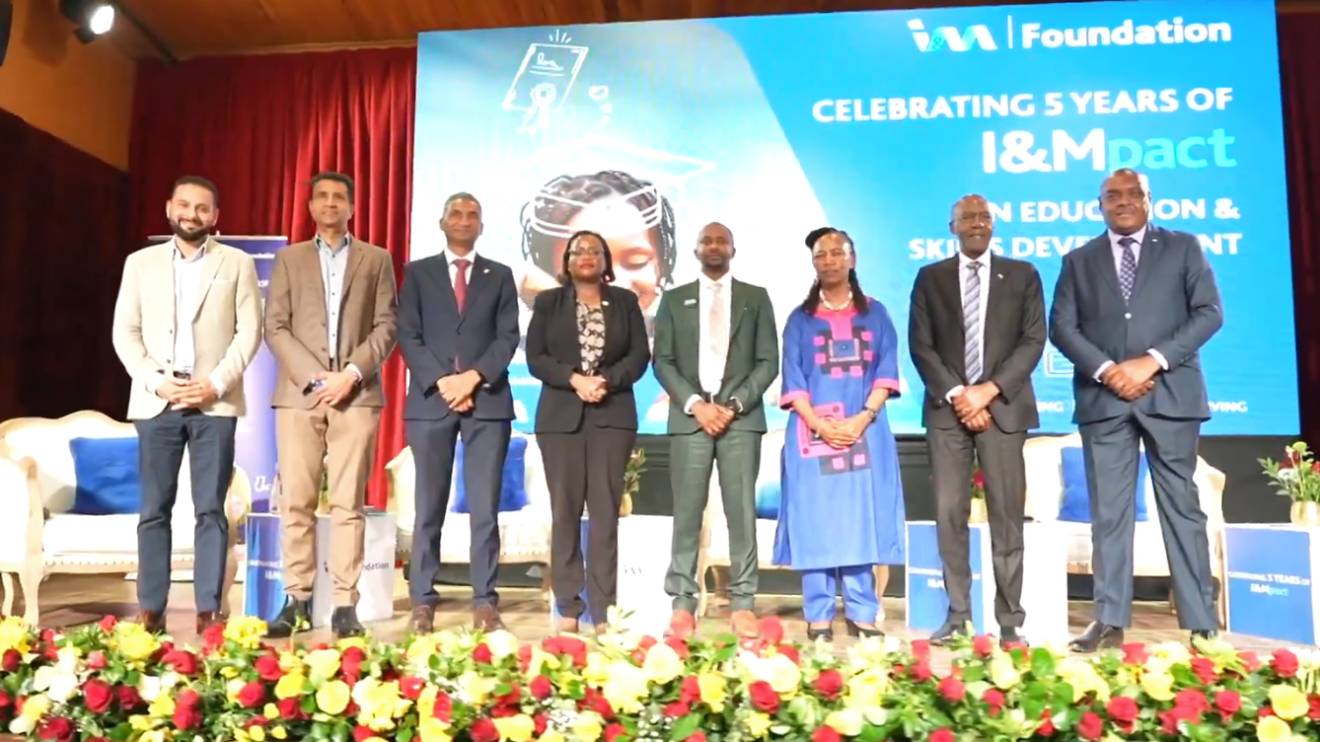The National Treasury has disbursed Sh31 billion to the counties, averting an imminent financial paralysis due to a cash crisis.
The Chairperson of the Council of Governors, Anne Waiguru, stated that the counties received the pending funds for January on Wednesday.
However, she also noted that payments for February, March, and April are still outstanding, amounting to Sh94 billion.
“We haven’t received money for three months, it was Sh125 billion and it’s just yesterday they paid Sh31 billion and now we are expecting Sh94 billion,” Waiguru said
Read More
The situation in the counties is dire, with the current cash crunch being unprecedented, according to Waiguru.
“We have never been here, I have been a governor for five years and it’s really a very critical situation at the counties," she said.
The COG has been pushing for the timely disbursement of funds behind the scenes daily, although not making much noise in the media.
Waiguru further urged for the prompt release of funds as per the law to prevent budget roll-overs. Delayed disbursement of funds has led to the accumulation of pending bills, which have hindered effective service delivery in the devolved units.
The governor defended the COG's position on the division of revenue to devolved units from the National Government, stating that the governors' official position was in tandem with that of the Commission of Revenue Allocation (CRA), which capped it at Sh425 billion.
The governor also requested the National Treasury to upgrade the Integrated Financial Management Information System (IFMIS) to increase efficiency and avert technological issues that affect the absorption of funds by the counties.
Delayed release of funds, especially towards the end of the financial year, has caused budget roll-over in the counties.
The governor attributed the inflexibility of IFMIS to extend dates for allocations that are released after June 30th to the late absorption of funds by the devolved units.
.jpg)
IFMIS-related problems often affect timely service deliveries in the counties, and county governments face challenges when requisitioning for funds and incurring expenditure, since the system experiences delays or at times fails completely.
Waiguru suggested that the treasury enhance the capacity of its staff to improve services.
“The system is as good as the personnel using it and therefore training of finance staff remains a critical component of civil service,” she said.
To prevent roll-over of liabilities with no resources, the governor recommended that the country shift its budgeting system from cash-based to the accrual system.
The Chairperson of the Senate County Public Accounts Committee, Moses Kajwang’ asked the governor to have a consultative forum with treasury officials and to use her experience in IFMIS management to improve service.








-1757243598.jpg)
-1757244564.jpg)
-1757101509.jpg)
